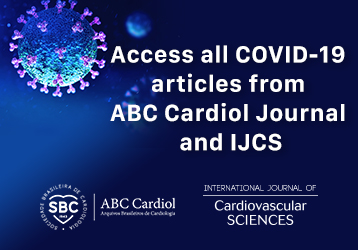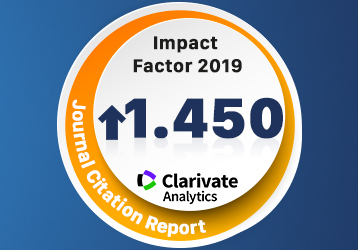Volume 113, Nº 2, August 2019
DOI: http://www.dx.doi.org/10.5935/abc.20190139
ORIGINAL ARTICLE
Healthcare Utilization and Costs Reduction after Radiofrequency Ablation For Atrial Fibrillation in the Brazilian Private Healthcare System
Eduardo Benchimol Saad
Daiane Oliveira Tayar
Rodrigo Antonini Ribeiro
Silvio Mauro Junqueira Jr.
Priscila Andrade
Andre d'Avila

Abstract
Background: Atrial fibrillation (AF) is the most common arrhythmia worldwide, with significantly associated hospitalizations. Considering its growing incidence, the AF related economic burden to healthcare systems is increasing. Healthcare expenditures might be substantially reduced after AF radiofrequency ablation (AFRA).
Objective: To compare resource utilization and costs before and after AFRA in a cohort of patients from the Brazilian private healthcare system.
Methods: We conducted a retrospective cohort study, based on patients’ billing information from an administrative database. Eighty-three adult patients who had an AFRA procedure between 2014 and 2015 were included. Healthcare resource utilization related to cardiovascular causes, including ambulatory and hospital care, as well as its costs, were analyzed. A p-value of less than 0.05 was considered statistically significant.
Results: Mean follow-up was 14.7 ± 7.1 and 10.7 ± 5.4 months before and after AFRA, respectively. The 1-year AF recurrence-free rate was 83.6%. Before AFRA, median monthly total costs were Brazilian Reais (BRL) 286 (interquartile range [IQR]: 137-766), which decreased by 63.5% (p = 0.001) after the procedure, to BRL 104 (IQR: 57-232). Costs were reduced both in the emergency (by 58.6%, p < 0.001) and outpatient settings (by 56%, p < 0.001); there were no significant differences in the outpatient visits, inpatient elective admissions and elective admission costs before and after AFRA. The monthly median emergency department visits were reduced (p < 0.001).
Conclusion: In this cohort, overall healthcare costs were reduced by 63.5%. A longer follow-up could be useful to evaluate if long-term cost reduction is maintained. (Arq Bras Cardiol. 2019; 113(2):252-257)
Keywords: Catheter Ablation; Arrhythmias Cardiacs; Hospitalization; Hospital Costs; Atrial Fibrillation; Care Costs/trends.















